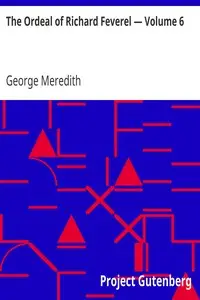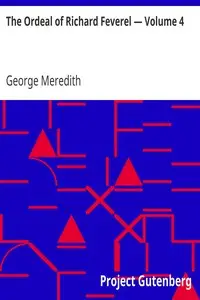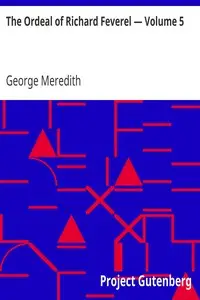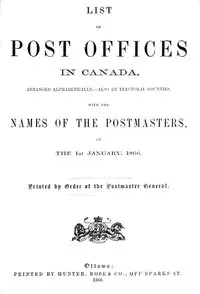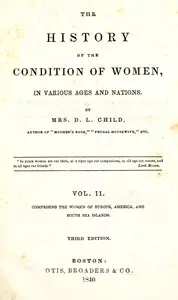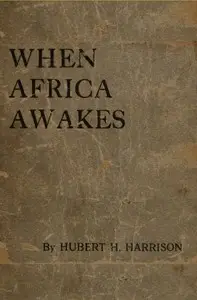"The Ordeal of Richard Feverel — Volume 3" by George Meredith is a story about a young man named Richard Feverel wrestling with his heart and his duty. Richard is deeply in love with Lucy, but their different social classes create problems. This part of the story opens with Richard avoiding a family problem in town. Soon after, his father, Sir Austin, starts talking about the difficulties of life and love. Characters like Berry appear and deliver messages. As Richard thinks hard about his feelings for Lucy, the story examines being young, the trouble of balancing feelings and thinking, and how society can affect personal choices. All of these situations prepare the reader for a deeper dive on the path of love.

The Ordeal of Richard Feverel — Volume 3
By George Meredith
Torn between love and family, a young man struggles to find his own path in a world filled with strict rules and high expectations.
Summary
About the AuthorGeorge Meredith was an English novelist and poet of the Victorian era. At first, his focus was poetry, influenced by John Keats among others, but Meredith gradually established a reputation as a novelist. The Ordeal of Richard Feverel (1859) briefly scandalised Victorian literary circles. Of his later novels, the most enduring is The Egoist (1879), though in his lifetime his greatest success was Diana of the Crossways (1885). His novels were innovative in their attention to characters' psychology, and also portrayed social change. His style, in both poetry and prose, was noted for its syntactic complexity; Oscar Wilde likened it to "chaos illumined by brilliant flashes of lightning". Meredith was an encourager of other novelists, as well as an influence on them; among those to benefit were Robert Louis Stevenson and George Gissing. Meredith was nominated for the Nobel Prize in Literature seven times.
George Meredith was an English novelist and poet of the Victorian era. At first, his focus was poetry, influenced by John Keats among others, but Meredith gradually established a reputation as a novelist. The Ordeal of Richard Feverel (1859) briefly scandalised Victorian literary circles. Of his later novels, the most enduring is The Egoist (1879), though in his lifetime his greatest success was Diana of the Crossways (1885). His novels were innovative in their attention to characters' psychology, and also portrayed social change. His style, in both poetry and prose, was noted for its syntactic complexity; Oscar Wilde likened it to "chaos illumined by brilliant flashes of lightning". Meredith was an encourager of other novelists, as well as an influence on them; among those to benefit were Robert Louis Stevenson and George Gissing. Meredith was nominated for the Nobel Prize in Literature seven times.


